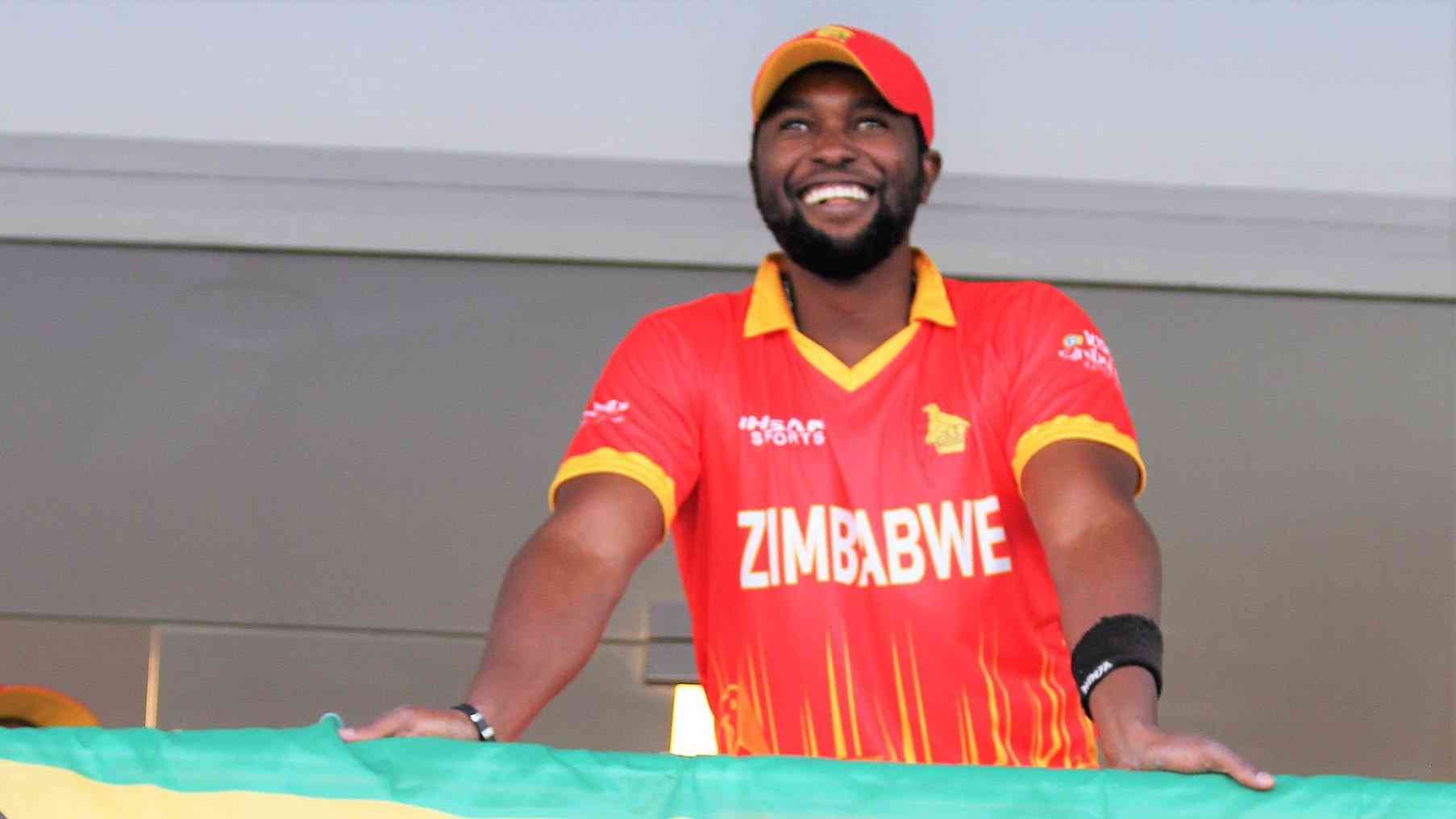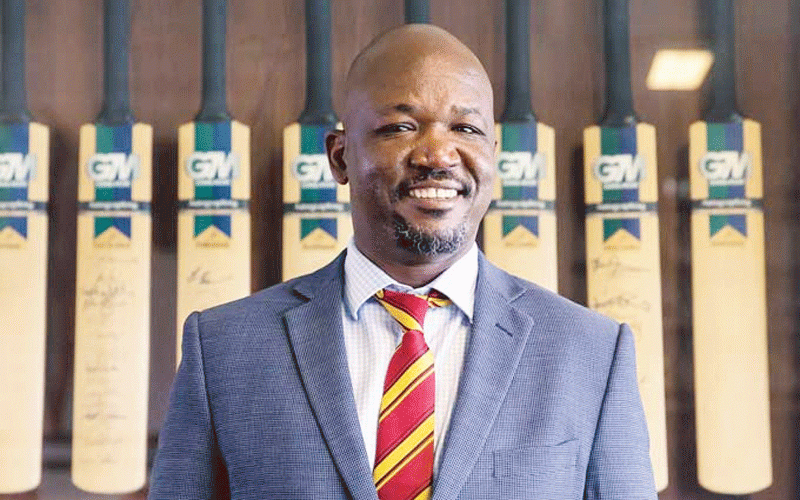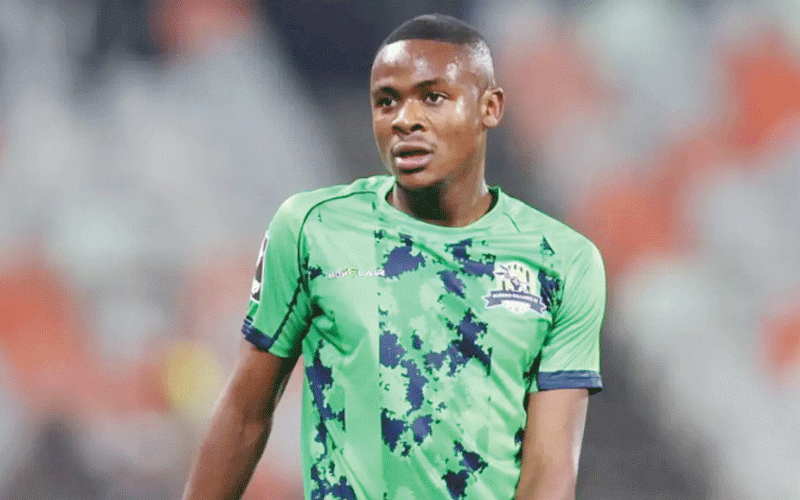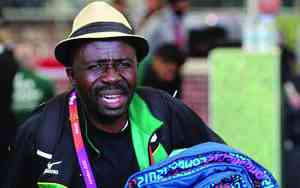
In 1969 John Lennon and Yoko Ono released a song that has become a cult anti-war song, entitled Give Peace a Chance. It referred to all the different ‘-isms’ that people throw out as justification for their actions, to all the ‘-tions’ that people promote endlessly and to all the different people whose names appeared in the news. Through it all, the constant refrain was very simple: “All we are saying is give peace a chance”. Interestingly, nine years later there was a musical version of HG Wells’s novel The War of the Worlds with Richard Burton narrating, which had a similar anti-war theme.
In some ways we are encountering in our schools today a war of different worlds when it comes to sport. This does not refer to fighting on the field or to the matter of who wins a match but much more refers to the different views that people have of school sport. And in this regard, we also echo the words of John Lennon: all we are saying is give all players a chance.
A former Zimbabwe international cricketer shared how at school, as the main fast bowler for the First team for three years, he did not bat for two and a half years – indeed, it got to the point where he did not bother to take his batting equipment to matches. The team was so strong in the batting department that the opposition never bowled out enough players for him to be required to bat. Here is the thing, though: What would happen when he was called to bat, having not been given a chance for so long? Why was he not given the chance to bat (against weaker opposition even) when the coach would have known that the main batters would still do the job if the bowler did not succeed? How much fun is it for someone in a cricket team never to bat?
Perhaps the best sporting tournament that we have in this country is the cricket festival (‘festival’ as opposed to ‘tournament’ further underlines the point too) that Stragglers organises each August holidays for aspiring junior school cricketers from all over the country. The youngsters are put into different teams with players from other schools and provinces (a perfect way to ensure that new friendships are made, a key point for sport); they are put into teams bearing other countries’ names (so there is no added pressure of representing a school or a province or Zimbabwe); each ‘country’ challenges a different ‘country’ every day during the week in limited over matches. All cricketers are rotated; if a player did not bat or bowl one day he would open the batting the next day. In a similar vein, one senior school in the past used to have an internal cricket league in which all the teams included a couple of 1st team players, a couple from the 2nd team and so on through the 3rds, the Under 16s, Under 15s, (while a staff team was also thrown into the mix!). All players have a chance.
We might just point out, especially to external coaches, that this is school sport and school sport (as with everything to do with school) is primarily for learning – it is not all about winning (that can come after school in adult leagues). They should also remember that all parents pay the same school fees for their child’s holistic education and therefore all parents expect that the same attention, treatment, opportunity is given to all children, not just to the first teams. To that end, it is the responsibility of all coaches to give all players a chance, to play fixtures as well as to train.
For here is the thing: how can children improve if they do not play fixtures? Note, we are not asking “How can a coach or a school improve the win ratio?” He does not need to be putting all the strong players in one team and all the weaker ones in another. We could easily have two equally matched teams, whereby the weaker players are helped and taught by the stronger ones (and learn to try harder, to gain higher levels) and the stronger ones learn to play alongside weaker ones, to cover and support them – they learn responsibility and dependence (key lessons in life). Similarly, let every player have a chance, especially in younger teams, at being captain, to see if they understand what the coach is saying once they are on the field of play, thus seeing if they have leadership ability.
This is all about inclusivity, which we all look to have in our schools; we need to have it in our teams. Coaches and parents need to understand this is what school sport is about. So, all we are saying is give all players a chance. Stragglers in society are still worthy of a chance.
Stop fighting!
- Mavhunga puts DeMbare into Chibuku quarterfinals
- Bulls to charge into Zimbabwe gold stocks
- Ndiraya concerned as goals dry up
- Letters: How solar power is transforming African farms











